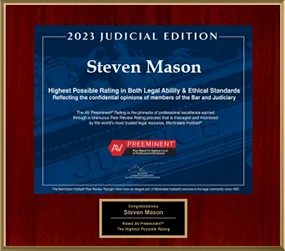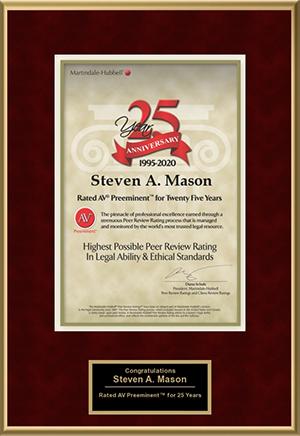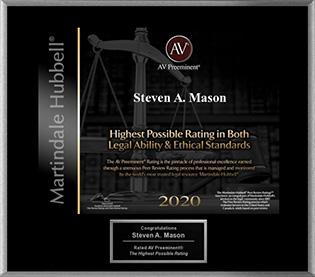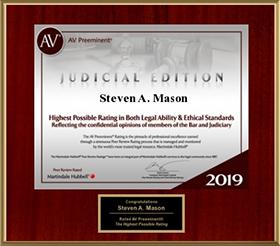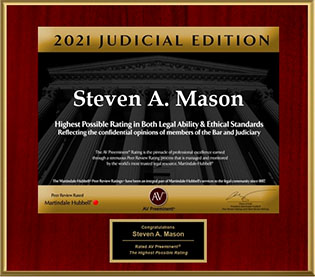Explaining The Uniformed Services Former Spouses’ Protection Act

When a couple is planning to get divorced, property division is often the most contentious part of the proceedings. Military retired pay counts as marital property in most cases, but dividing it between the spouses can be difficult and even cause long-term roadblocks in divorce proceedings. The federal Uniformed Services Former Spouses’ Protection Act (USFSPA) grants courts the ability to divide retired pay, but it does not require that a servicemember’s retired pay be divisible.
Protects Non-Military Spouses
Prior to 1982, U.S. state courts had no authority to treat retired pay as marital property in a divorce case – the Supreme Court even underlined this lack of authority in McCarty v. McCarty (1981). The USFSPA was passed as a direct reaction to this ruling, and it granted state courts the authority to treat retired pay as a marital asset, being able to grant (at least some of) it to the non-military spouse during divorce proceedings.
This was a huge boon to non-military spouses, because at the time, it was much more common for couples to have only one income, meaning that the non-military spouse (usually the woman) would act as a homemaker. This meant that many spouses had no real assets of their own at the time of divorcing – and without a portion of their ex’s retired pay, they might experience severe financial hardship while trying to join or rejoin the workforce.
Enforcement, Not Requirement
That said, it is important to remember that while the USFSPA ensures that state courts can grant a portion of retired pay as an asset, it does not mean that they have to do that. In other words, if the judge in a divorce case does not deem it necessary to divide one spouse’s retired pay, the USFSPA does not make them do it regardless. The Act allows for the most equitable outcome while still preserving judicial agency.
The court will often assume that there may be other marital assets that can make up any shortfall for the non-military spouse, or they may have other income that the military spouse cannot access (such as an inheritance). In some cases, it may be that the non-military spouse will make an agreement with their military spouse and receive a portion of retired pay directly from them, as opposed to going through the court.
Contact A Hollywood, FL Military Divorce Attorney
Property division is only one part of a military divorce, but it can be among the most important, particularly if there are children involved. If you have questions or concerns about the USFSPA and your rights, a Hollywood, FL military divorce attorney from the Law Offices of Steven A. Mason, P.A. may be able to assist. Contact our office today at (954) 963-5900 to speak to an attorney.
Source:
supreme.justia.com/cases/federal/us/453/210/


